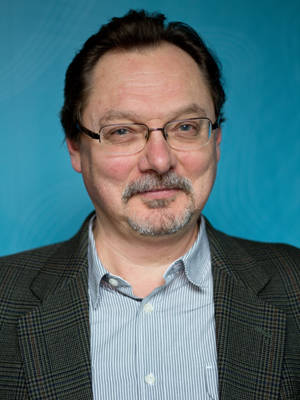The aim of the project is to evaluate the political profile of the Russian military, to assess the development of key capabilities of the Armed Forces and to examine their possible uses as instrument of policy.
The analysis is grounded in empirical research on the Russian military going back to 1994, and is organized around four major issues:
· The involvement of the military in the political struggle for power;
· the revision of key strategic guidelines for modernizing the military as compared to scale of funding for the Armed Forces and the scale of accumulated problems in logistics, procurement, and manpower;
· the political emphasis on strengthening the nuclear deterrent and the expected impact of the new programs on the status of strategic forces;
the possible utilization of the available capabilities for projecting military power to secure and advance Russia’s interests in the Caucasus and Central Asia.






